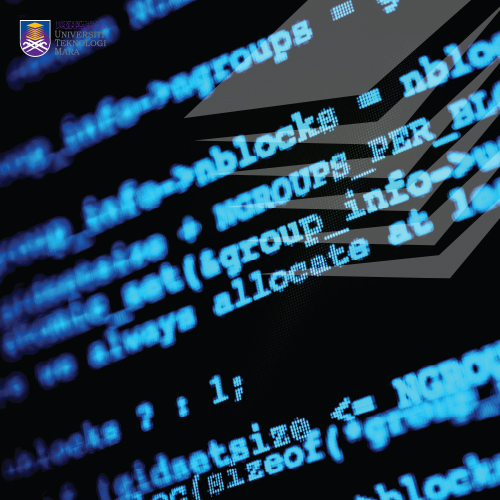About this Course
Course Description
This is the first part of the course on the Law of Evidence. The aim of this course is to teach students the basic elements of the rules of evidence under the common law rules and legislation regulating the law of evidence. Students will be taught on how to use the rules of evidence in determining what evidence is necessary in the prosecution or defence of a legal action (criminal or civil) and whether or not such evidence is admissible. This course promotes the development for critical thinking and problem-solving skills, values, ethics and moral professionalism in the area of law of evidence.
Course Learning Outcomes
1 ) Identify the function of the law of evidence in legal proceedings.
2 ) Explain problems by applying case law and relevant legislation to issues related to law of evidence.
3 ) Explain the basic principles of the law of evidence.
4 ) Analyse issues and problems by listening and reasoning the legal issue/problem relating to evidence.
Course Details



STATUS : Close DURATION : FLEXIBLE EFFORT : 1 MODE : 100% Online COURSE LEVEL : Beginner LANGUAGE : English CLUSTER : Social Science & Humanities ( SS )






